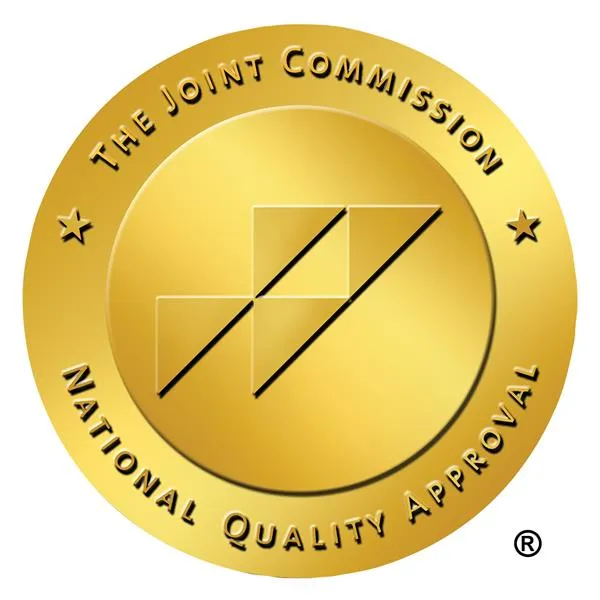Imagine waking up to the sight of towering skyscrapers one day and lush greenery the next, all while making a meaningful impact in patients’ lives. This is the reality for travel nurses who have the privilege of working in diverse healthcare settings across the globe. Whether it’s bustling urban hospitals, remote rural clinics, or even medical missions, each assignment offers a combination of professional challenges and personal growth opportunities.
Benefits that await: The rewards of flexibility and growth
Flexibility is the cornerstone of the travel nursing lifestyle. It is saying goodbye to the monotony of a traditional nine-to-five job and hello to the freedom of crafting your own schedule. As a travel nurse, you have the autonomy to choose your assignments, locations, and even the duration of your contracts, which enables young individuals to develop the desire to become a travel nurse after high school. This flexibility allows you to balance your professional aspirations with your personal pursuits and adventures.
Beyond the allure of exploration, travel nursing offers competitive compensation packages and bonuses. With high demand for skilled healthcare professionals, travel nurses can command top dollar for their expertise. Additionally, each new assignment serves as a stepping stone for professional growth — mastering new clinical skills, adapting to different healthcare protocols, or learning from diverse teams of professionals enriches your resume and broadens your skill set.
Charting your course: How to become a travel nurse
Here’s your roadmap to becoming a travel nurse:
1. Self-assessment: Take the time to reflect on your career goals, personal interests, and lifestyle preferences. Consider what motivates you as a nurse and how travel nursing aligns with your aspirations.
2. Education: Becoming a travel nurse requires a solid foundation of education, experience, licensure, and certifications. Start by pursuing a nursing degree from an accredited program. Whether you choose to pursue an Associate Degree in Nursing (ADN) or a Bachelor of Science in Nursing (BSN), ensure that your education equips you with the knowledge and skills necessary for clinical practice. Choose a program that not only meets the educational requirements but also nurtures your passion for nursing and prepares you for the challenges ahead.
After completing your degree, you’ll need to pass the NCLEX-RN exam to obtain your registered nurse (RN) license. This licensure serves as your ticket to the world of nursing, laying the groundwork for your future career as a travel nurse.
3. Experience: Gain valuable clinical experience in your desired specialty. It may be through internships, externships, or entry-level nursing positions. Seek opportunities to develop your skills and expand your knowledge base.
4. Licensing: Travel nurses must also acquire state licenses for each jurisdiction in which they wish to practice. While this may seem daunting, joining the Nurse Licensure Compact (NLC) can streamline the process by allowing you to practice in multiple states under a single license. Research the licensure requirements for the states where you plan to practice.
5. Certifications: In addition to licensure, certifications play a crucial role in enhancing your qualifications as a travel nurse. Basic Life Support (BLS) and Advanced Cardiovascular Life Support (ACLS) are among the essential certifications sought after by healthcare facilities. These certifications speak to your commitment to providing high-quality patient care and increase your desirability as a candidate for travel nursing assignments.
6. Agency selection: Research and select a reputable travel nursing agency that aligns with your career goals and personal preferences. Consider factors such as assignment locations, compensation packages, and agency support services when making your decision.
7. Application process: Prepare your credentials, polish your resume, and showcase your nursing skills and experiences during interviews. Be open to new opportunities and flexible in your preferences as you explore available assignments.
8. Preparation: As you prepare for your first travel nursing assignment, take care of practical matters such as arranging housing, getting the necessary licenses, and packing essentials for your journey. Embrace the excitement of your new adventure and anticipate the great experiences that lie ahead.
Whether you’re drawn to the bright lights of a bustling city or the serenity of a remote countryside, there’s a fulfilling travel nursing assignment waiting for you at Meda Health.

